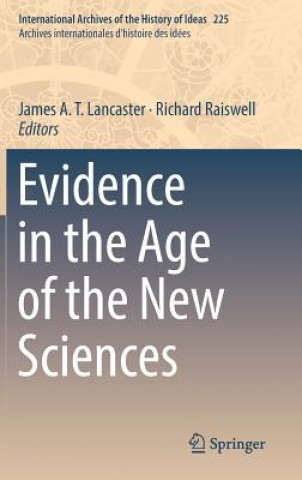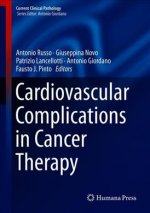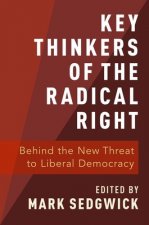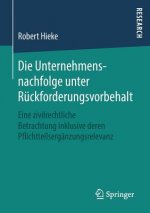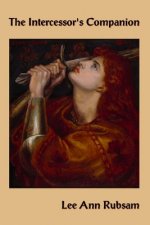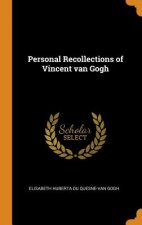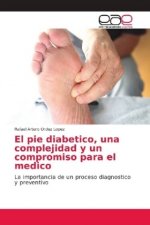
Kézbesítés
Vásárlási tanácsadó





Nem vált be? Semmi gond! Nálunk 30 napon belül visszaküldheti
 Ajándékutalvány
bármilyen értékben
Ajándékutalvány
bármilyen értékben
Ajándékutalvánnyal nem nyúlhat mellé. A megajándékozott az ajándékutalványért bármit választhat kínálatunkból.
Evidence in the Age of the New Sciences
 Angol
Angol
 494 b
494 b
30 nap a termék visszaküldésére
Ezt is ajánljuk


The motto of the Royal Society- Nullius in verba -was intended to highlight the members' rejection of received knowledge and the new place they afforded direct empirical evidence in their quest for genuine, useful knowledge about the world. But while many studies have raised questions about the construction, reception and authentication of knowledge, Evidence in the Age of the New Sciences is the first to examine the problem of evidence at this pivotal moment in European intellectual history. What constituted evidence-and for whom? Where might it be found? How should it be collected and organized? What is the relationship between evidence and proof? These are crucial questions, for what constitutes evidence determines how people interrogate the world and the kind of arguments they make about it. In this important new collection, Lancaster and Raiswell have assembled twelve studies that capture aspects of the debate over evidence in a variety of intellectual contexts. From law and theology to geography, medicine and experimental philosophy, the chapters highlight the great diversity of approaches to evidence-gathering that existed side by side in the sixteenth and seventeenth centuries. In this way, the volume makes an important addition to the literature on early science and knowledge formation, and will be of particular interest to scholars and advanced students in these fields.
Információ a könyvről
 Angol
Angol
Kategória




 Hogyan vásároljunk
Hogyan vásároljunk















